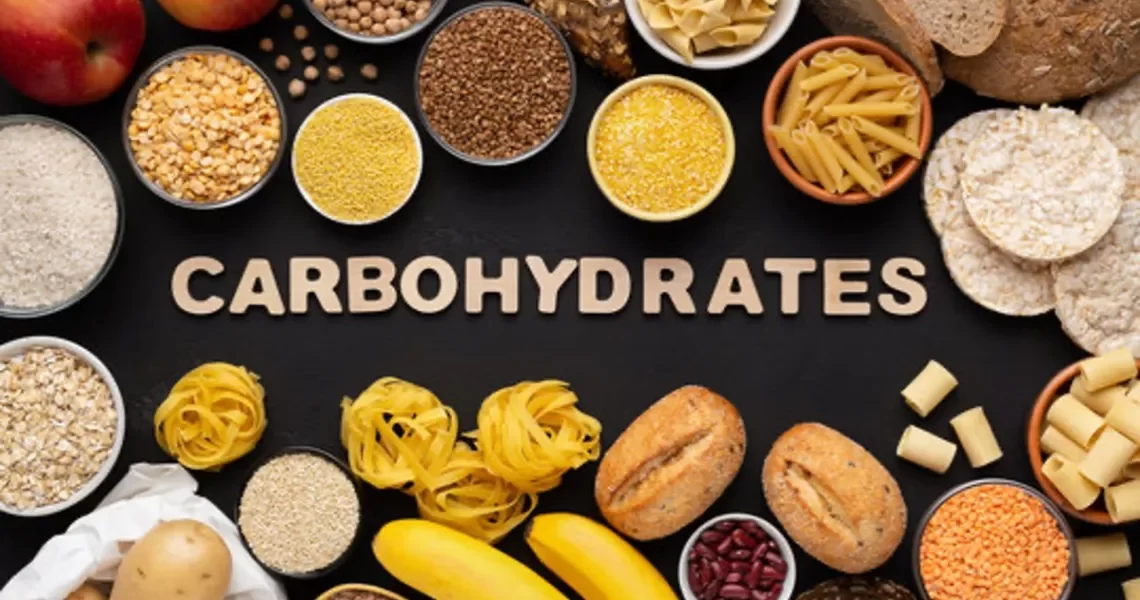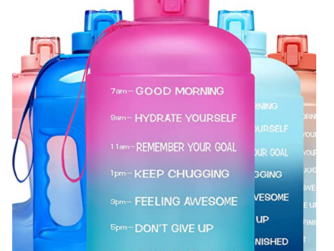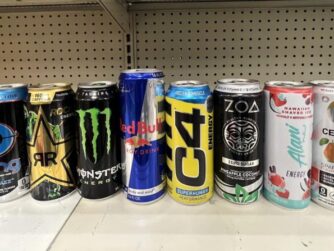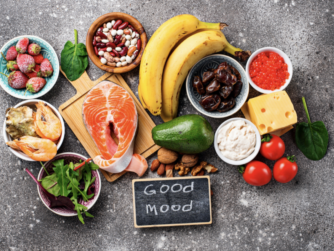Hey friend—Coach Chris here! Let’s talk about something that’s been demonized, misunderstood, praised, banned, and brought back again like the comeback tour of a rock band: carbohydrates.
If you’ve ever said or heard, “Carbs are the enemy,” trust me—you’re not alone. With every new diet trend, carbs seem to get tossed into the villain category. But are they really the bad guys? Spoiler alert: not at all—when you understand what they do and how to work with them.
So let’s break it down, one slice of toast at a time.
What Exactly Are Carbohydrates?
At their core, carbohydrates are one of the three macronutrients your body needs to function—along with proteins and fats. They’re found in foods like fruits, vegetables, grains, legumes, dairy, and yes, your beloved pasta and bread.
Carbs come in three basic forms:
- Sugars (simple carbs): Think table sugar, fruit sugar (fructose), or the natural sugar in milk (lactose).
- Starches (complex carbs): Found in foods like potatoes, beans, rice, and whole grains.
- Fiber: The indigestible part of plant foods that helps regulate digestion and keeps you full longer.
Each type has its role in your health, and not all carbs are created equal.
How Your Body Uses Carbs
Let’s get sciencey for a second—but don’t worry, I’ll keep it real.
When you eat carbohydrates, your body breaks them down into glucose (a type of sugar), which is then absorbed into your bloodstream. This becomes your body’s primary energy source. If you’re walking the dog, climbing a trail, running a 5K, or even just thinking through a problem—your body is likely using glucose to power you through it.
Here’s the cool part: your brain and red blood cells literally depend on glucose to function. So when someone says “I’m not eating carbs,” and they’re foggy, tired, or moody—now you know why!
If your body doesn’t use all the glucose right away, it stores some as glycogen in your liver and muscles for later. Think of glycogen as your body’s backup fuel tank. And when that tank is full? Excess gets stored as fat—but that only happens when we eat more fuel than we burn, not because carbs are inherently fattening.
Carbs vs. Other Fuel Sources (Fat & Protein)
Now, your body can use fat and protein for energy too, but there’s a catch:
- Fat is a slower-burning fuel. Think long-distance, low-intensity activities like walking or light cycling. Your body shifts to fat burning when carbs are low—but it’s not quite as efficient during high-intensity workouts.
- Protein is a last resort energy source. Your body prefers to use protein for building and repairing tissues, not as fuel. When you’re under-fueled or on a super low-carb diet, your body may actually start breaking down muscle for energy. Not ideal if you’re trying to stay strong, lean, and active!
Bottom line: carbs are your body’s preferred and most efficient fuel source, especially during intense activity. They’re not the villain—they’re the spark plugs.
So Why Do Carbs Get a Bad Rap?
Let’s be honest—the problem isn’t carbs. It’s the type and the quantity.
There’s a big difference between:
- A sweet potato vs. a donut.
- Brown rice vs. a sugary cereal.
- An apple vs. fruit juice cocktail.
Many processed foods are loaded with refined sugars, low fiber, and empty calories, which can spike blood sugar, lead to crashes, and promote fat storage when consumed in excess. These kinds of carbs are the ones that give the whole category a bad reputation.
But when you focus on whole, fiber-rich carbs—like vegetables, legumes, whole fruits, and grains—you’re getting nutrients, fiber, energy, and even disease prevention benefits.
Examples of Smart Carb Choices
If you want to fuel up without the guilt, here are some great go-to options:
- Oats: Perfect for breakfast with fruit and nut butter.
- Quinoa: A complete protein and great grain alternative.
- Sweet potatoes: Loaded with fiber and beta-carotene.
- Bananas: Quick energy for workouts or hikes.
- Beans and lentils: Fiber-rich, filling, and blood sugar-friendly.
- Berries: Packed with antioxidants and low in sugar.
These carbs not only give you energy, but also help manage weight, improve digestion, and even reduce the risk of diseases like diabetes and heart disease (Harvard School of Public Health).
Can I Lose Weight While Eating Carbs?
Absolutely! In fact, plenty of people lose weight eating moderate to high-carb diets, especially when those carbs come from whole food sources and are paired with adequate protein, healthy fats, and smart portion control.
The key is balance—not banning.
When you cut carbs drastically (like in keto or some strict paleo versions), yes, you might drop weight fast. But a lot of that initial weight is water, because glycogen holds water in the muscles. And long-term, low-carb diets can lead to energy dips, performance issues, and even muscle loss if you’re not careful.
The Mindset Shift: Carbs Are Not the Enemy
If you take nothing else from this blog, let it be this:
👉 Carbs are not the enemy.
They are energy. They are fuel. They are part of a balanced, vibrant, active lifestyle—especially for people like us who are on the move, exploring parks, hitting trails, or just trying to stay consistent in our workouts and wellness routines.
Carbs don’t need to be eliminated. They need to be understood.
When you learn how to use them—how to time them around activity, how to choose the right ones, and how to listen to your body’s needs—you’ll see that carbs can actually support your goals, not sabotage them.
Final Thoughts: Let’s Get Smart About Fuel
So here’s your takeaway, my friend: carbs are a tool. Just like a dumbbell or a resistance band, how you use them determines the result.
If you’re fueling up with real, whole foods and staying active, carbs are your ally.
If you need help figuring out how to balance them with your fitness goals, whether you’re in a gym, an RV park, or hiking the side of a canyon—I’ve got you. That’s what I do. Let’s build a plan that fuels your body, supports your energy, and fits your lifestyle.
You don’t need to fear your food—you just need to understand it.
Stay strong, stay moving, and stay fueled.
— Coach Chris







